Last week, my friend Chelsea asked me if I’d ever had a cat that had suffered from diabetes. I’ve been blessed to be able to reply “no”. She mentioned that one of their family cats, Nova, a 6-year-old neutered Siamese, was diabetic. Little did I know, that not only do MILLIONS of people live with the undiagnosed disease, thousands of our feline companions do as well.
Sadly this was not Chelsea’s first time dealing with an undiagnosed illness that snuck up on them.
After previously losing a beloved fur-baby, Neptune to the disease being undiagnosed, it was a topic very close to their hearts.
A number of years ago, we sadly lost a cat named Neptune to multiple organ failure. It was due to diabetes that we had ZERO warning of. He went to regular vet visits and his behavior had not changed. One day he was lethargic so we took him in as an emergency visit. He spent 5 days on life support before we finally had to let him go.”
Now, Nova had been adopted by them when he was just 10-weeks-old.
She had another reason for asking me at thiat time too…November is National Diabetes Month.
So what exactly IS Diabetes?
Those with diabetes cannot produce or utilize insulin properly, preventing the conversion of food to energy. With no insulin to convert it to energy, the extra sugar left in the blood leads to lethargy and other health problems.
It cannot be cured, but with management and the proper treatments, those afflicted can still have a long, happy life.
A few of my own human family members suffer from the disease, so I was curious to see the statistics across the human world.
Checking out the CDC (Center for Disease Control) 2018 report, here’s what I found.
- Diabetes Fast Facts:
Total: 30.3 million people have diabetes (9.4% of the US populations)
Diagnosed: 23.1 million people
Undiagnosed: 7.2 million people (23.8% of people with diabetes are undiagnosed; meaning they didn’t know they had it!) - Prediabetes Fast Facts:
Total: 84.1 million adults aged 18 years or older have prediabetes (33.9% of the adult US population)
65 years or older: 23.1 million adults aged 65 years or older have prediabetes
Sadly, it’s just as unrecognized in animals as it is in humans.
According to USA.PetDiabetesMonth.com, approximately 1 in 230 cats in the United States has diabetes.
All reports seem to agree though, it is very commonly under-diagnosed.
So with the increasing number of cats and dogs that ARE diagnosed each year, it is also become National Pet Diabetes Month.
Hopefully this will help bring awareness to pet owners and save the lives of our fur-babies.
Pets.WebMD.com explains how our pets are being affected.
“An alarming number of cats are developing diabetes mellitus, which is the inability to produce enough insulin to balance blood sugar, or glucose, levels. Left untreated, it can lead to [numerous issues listed below], comas, and even death.”
To successfully manage diabetes, pet owners must commit to working closely with their veterinarians.
Client education is essential!
A few of the most important factors include administering insulin, recognizing the signs of treatment responses in the animals and dietary management.
High-protein, low-carbohydrate foods are currently recommended for diabetic cats. These provide the extra energy cats need to get through their active days, without the extra carbs that can turn into excess sugar.
For the lucky animals that ARE diagnosed and can begin treatments, there are likely hundreds if not thousands, that are left to suffer.
How many stray and feral cats and dogs do YOU know that receive the proper dietary nutrition and medical attention to avoid developing diabetes? =(
But what actually causes diabetes in felines?
It’s not as if they are out eating fast food and candy all day (as many people attribute to the cause of the illness).
The AAHA (Americal Animal Hospital Association) has attributed the following common factors to Insulin Resistance and what we need to keep an eye out for.
Obesity (dogs, cats)
Hypothyroidism (dogs)
Hyperthyroidism (cats)
Dental disease (dogs, cats) <= Brush those toofers people!
Infection; for example, urinary tract infection (dogs, cats)
Hypertriglyceridemia (dogs, especially schnauzers)
Hyperadrenocorticism (dogs > cats)
Kidney disease (cats > dogs)
Acromegaly (cats)
Pancreatitis (dogs > cats)
Pregnancy/diestrus (dogs, cats) <= HELLLOOO! One more reason to Spay/Neuter!
It is noted that diabetes is more common in cats. The disease has been diagnosed in cats of all ages, both sexes (intact and neutered) and all breeds.
Now, just HOW can we tell our pet may be affected? What “warning signs” should pet owners be looking for?
- Increased water consumption and urination
- Inappropriate urination
- Weight loss (most commonly over the back), despite an overweight body condition
- Change in appetite
- Vomiting
- Chronic urinary tract and/or skin infections
- Lethargy
- Weakness in the legs (specifically the hind legs)
- Depression
- Cloudy eyes
- Poor skin condition (like excessive dandruff or an oily hair coat)
I asked Chelsea if she’d be open to sharing her story with me.
This way, we could all hear a first-hand account of the daily attention that goes into caring for felines with diabetes.
This also shows how quickly things can change; for better or for worse!
After losing Neptune, Chelsea made it a habit to have her animals checked for diabetes regularly.
Nova was diagnosed in early 2017. He had begun losing weight, seemingly towards his backside, so we took him in. It was minor and he was on a low dose of insulin. It was tricky finding a diabetic food that would work for him.
“He also gets bladder crystals and most diabetic food exacerbates this issue. By May of 2017, he was doing so well the vet believed that he was going into remission and took him off the insulin. On June 13th his eyes clouded over and we had to take him in to emergency care again.”
Sadly, this was a reaction to the diabetes, so Nova was put back on insulin going forward. Happily though, Chelsea reports that Nova has been healthy since, but it requires constant vigilance.
“He gets 2 shots a day after feeding and need his blood sugar checked regularly.”
Reporting and recording the results is very important so that doctors can make the most informed treatment plans and adjustments.
Nova just returned from the vet this week and his numbers are a little concerning. We are logging his Blood Sugar numbers EVERY HOUR so that we can monitor his spikes and lows. Then the vet can make changes to his care accordingly.
Remember, there is no cure for Diabetes!
With proper management, vigilant monitoring and regular checkups, your beloved family pet can be around FUR many years to come! We at the CaM Family wish continued good health to Nova, and all the millions of humans and animals alike, battling diabetes.
Please share this info and help spread the word so we can help save many more of our cherished pets.
For more info, please follow any/all the links provided in this article (BLUE FONT). Knowledge is power! There are also Facebook Support groups, such as Feline Diabetes, you can join.
REMEMBER: ADOPT, DON’T SHOP & SPAY AND NEUTER!
Check out this video from our friends at the Ad Council for National Diabetes Month! Let’s get the word out!
**PLEASE BE SURE TO CONSULT YOUR VETERINARIAN – I AM NOT A DOCTOR! JUST BECAUSE I FOUND INFO ONLINE, DOESN’T MEAN IT’S 100% TRUTH FOR EVERY ANIMAL THAT MAY OR MAY NOT HAVE DIABETES!**


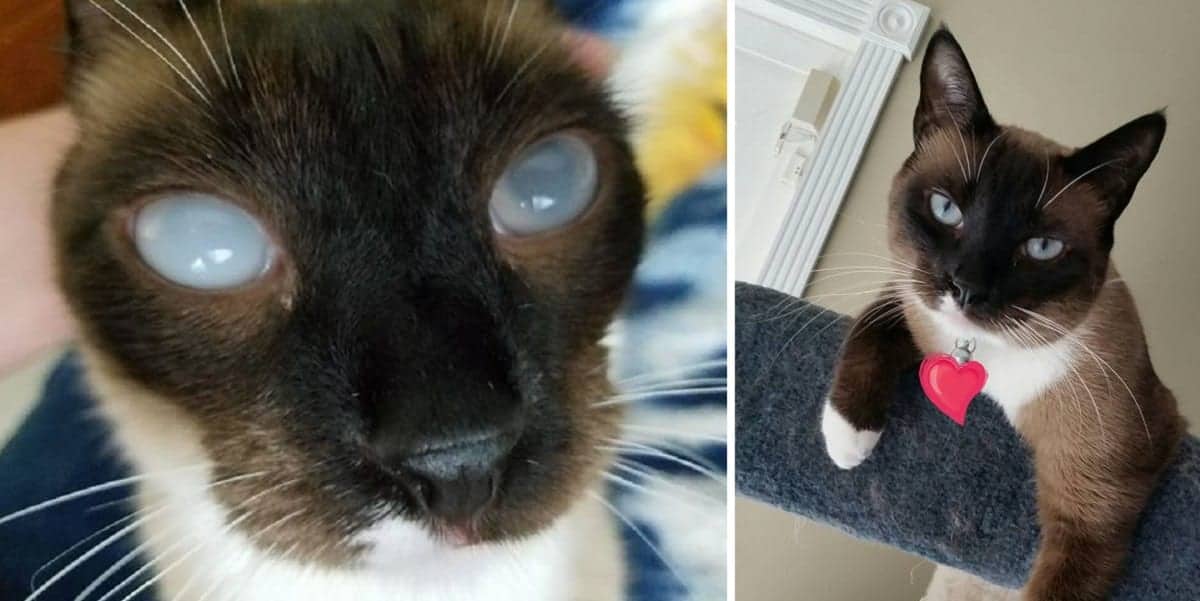


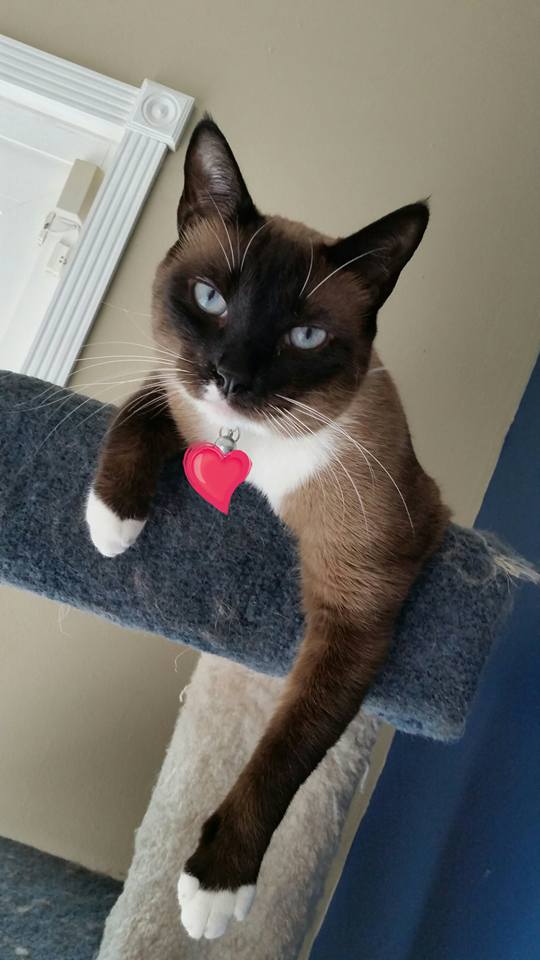
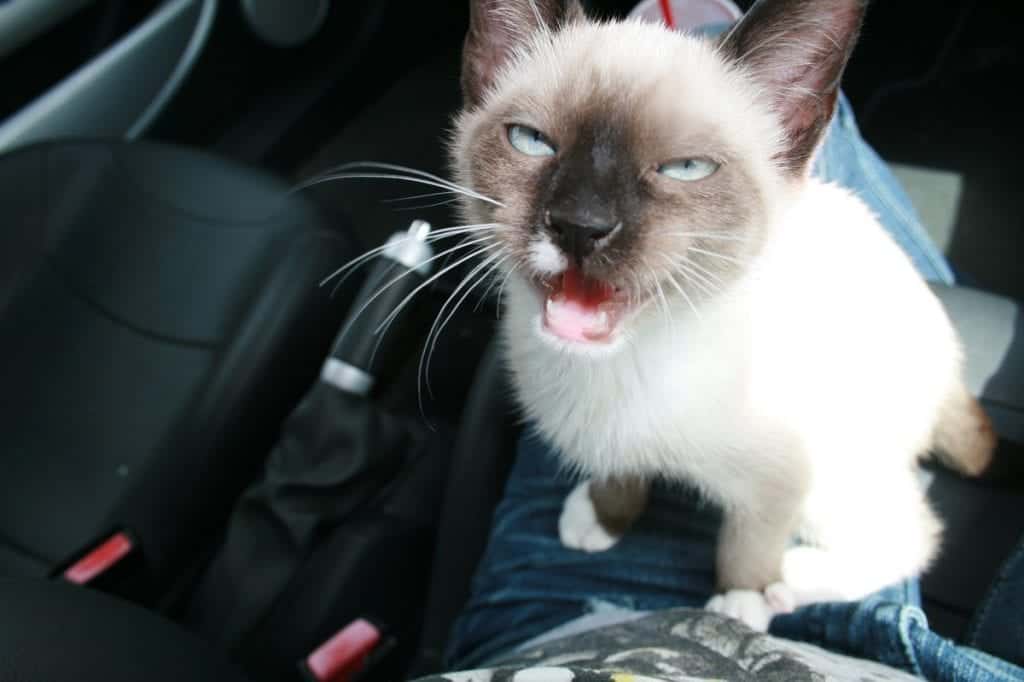

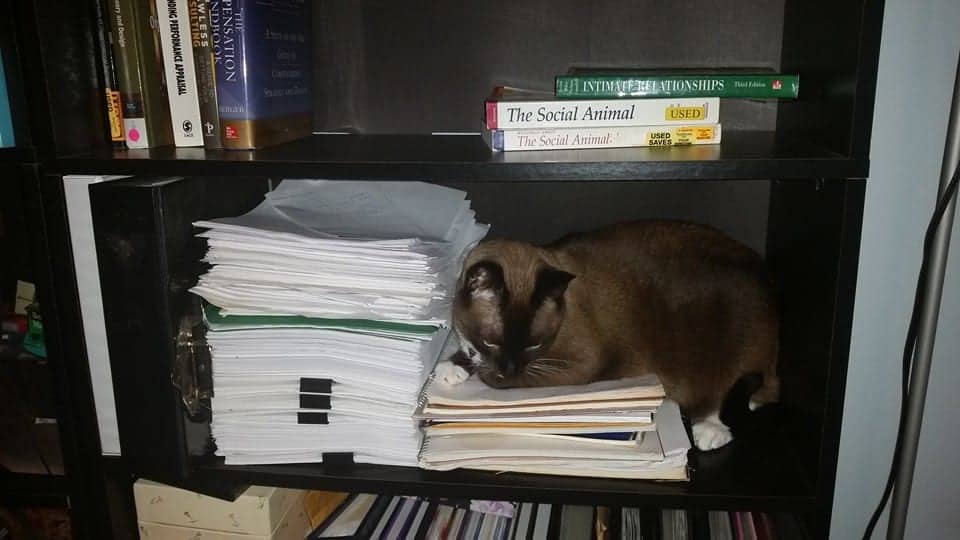
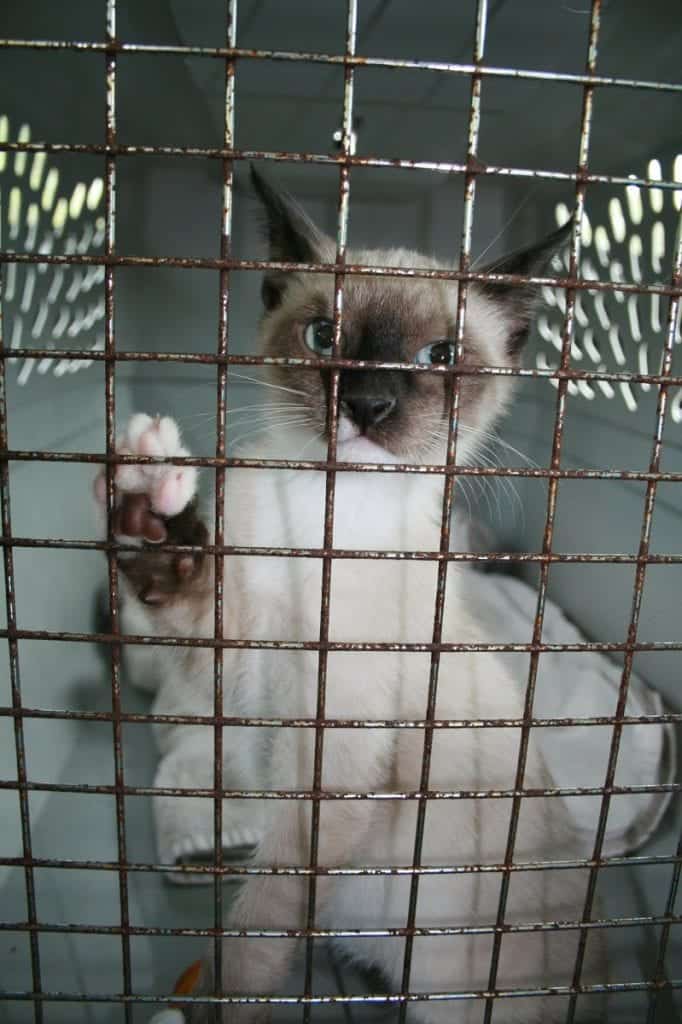
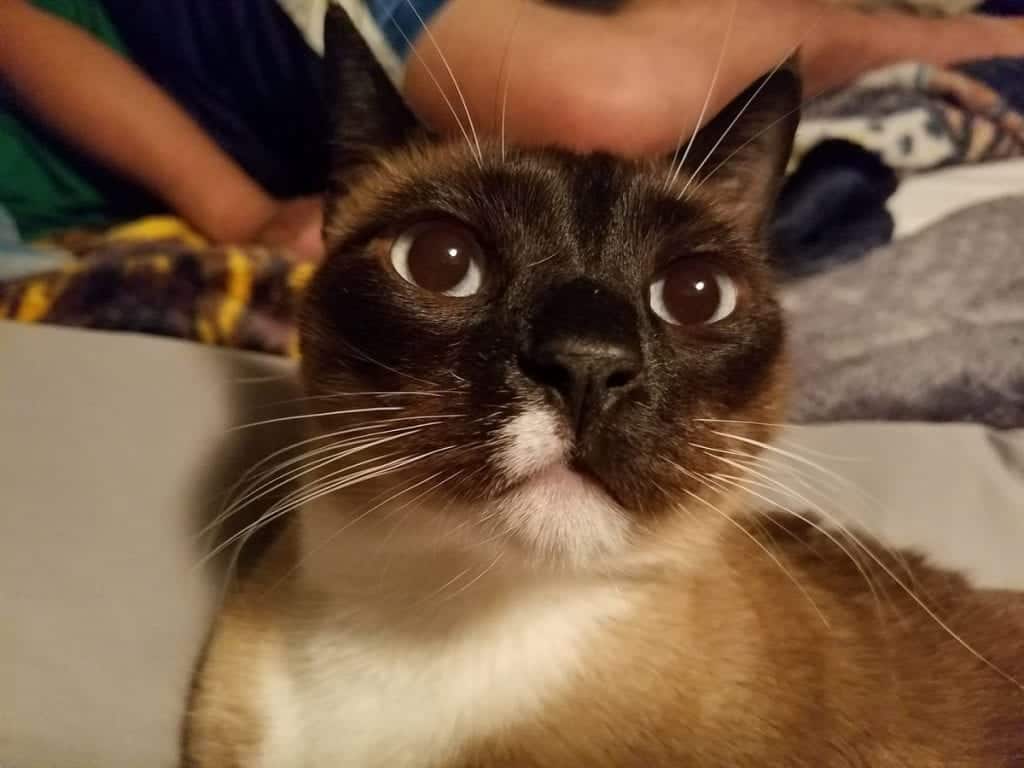
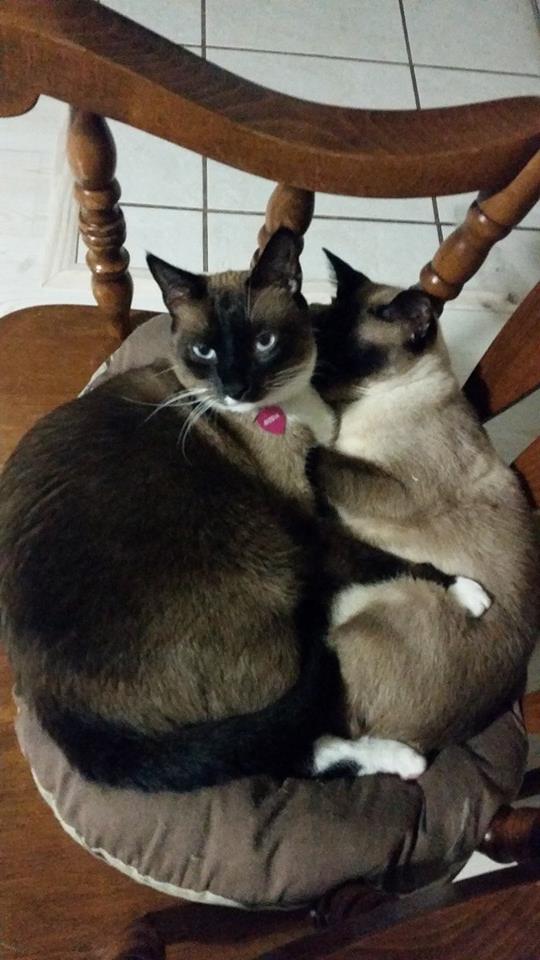
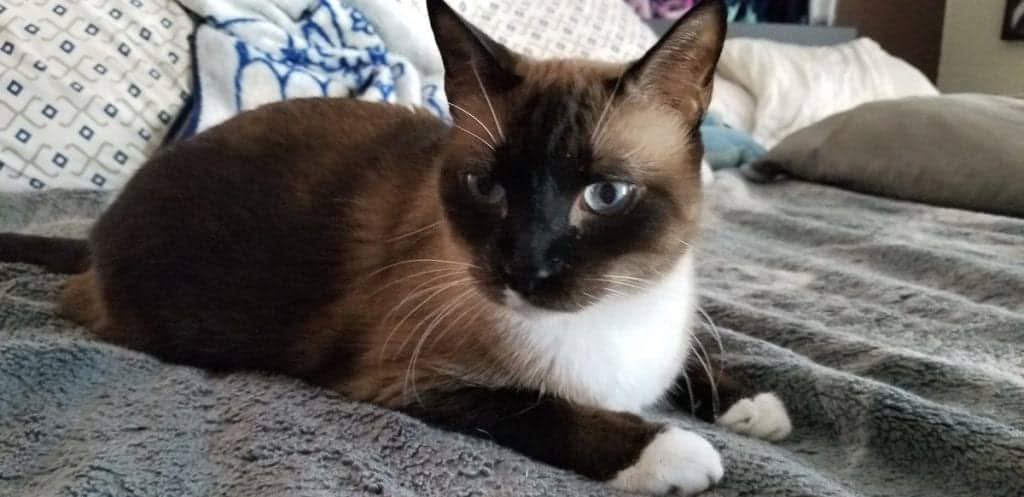
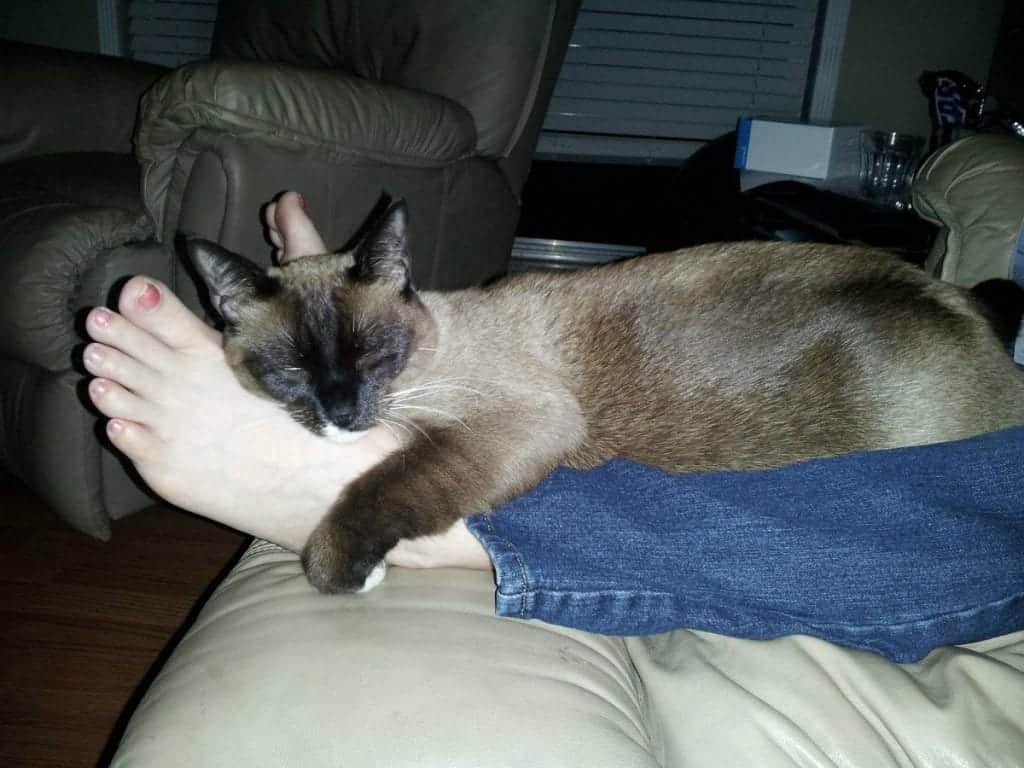


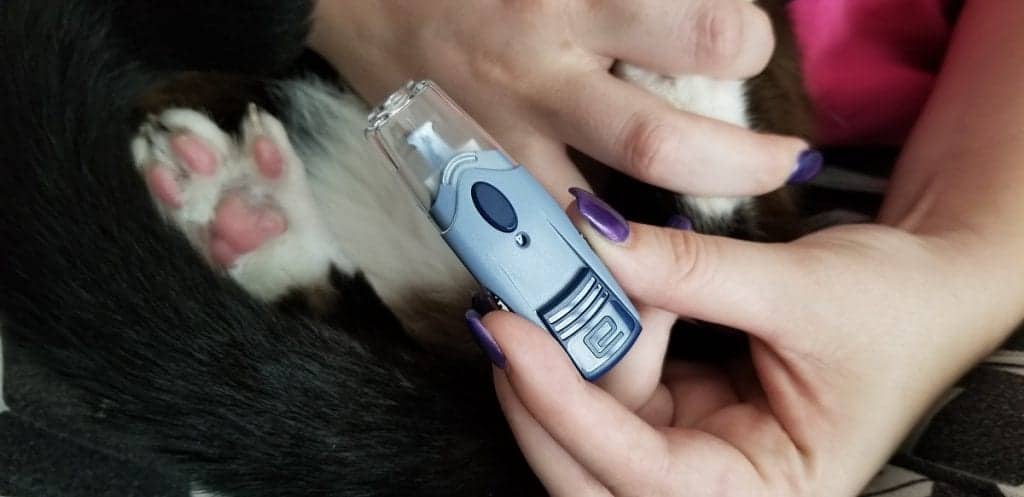
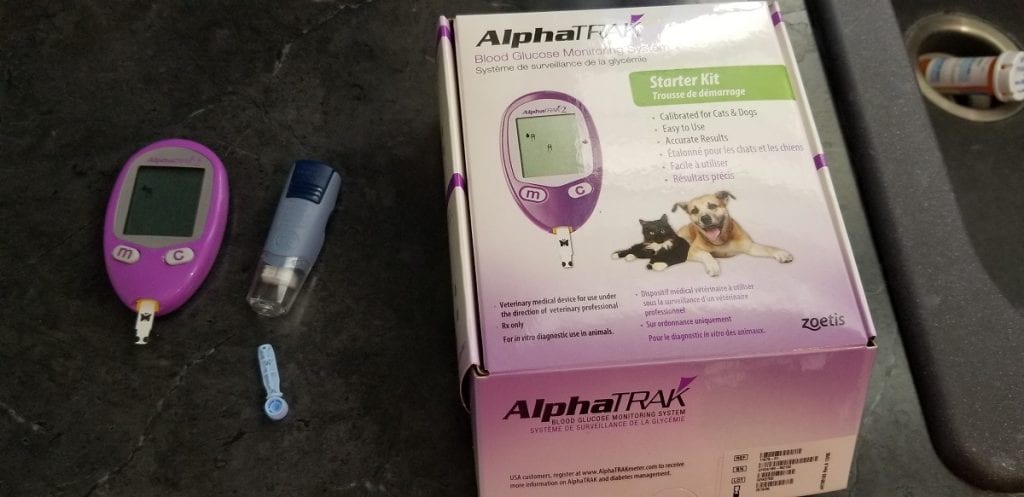

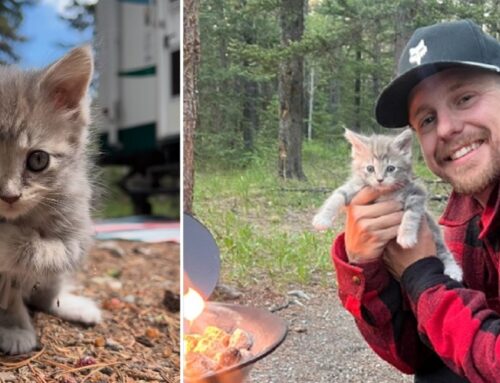

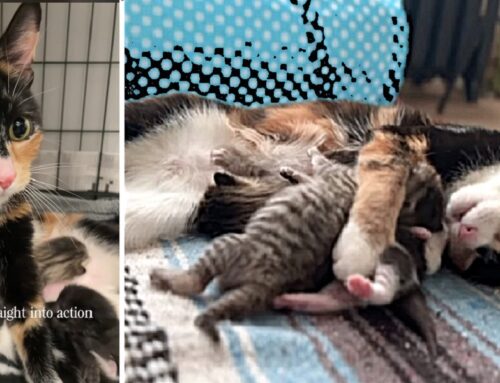
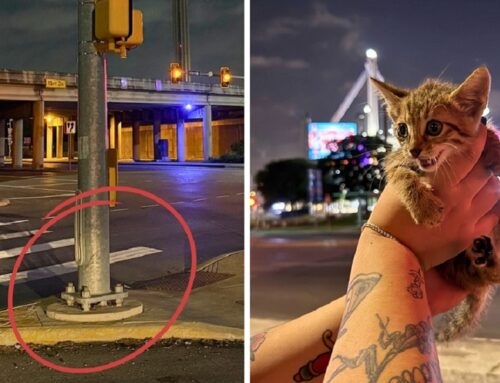
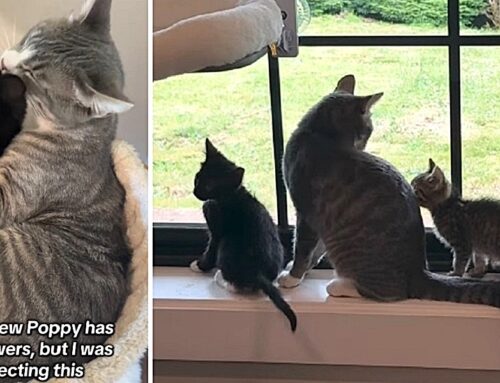

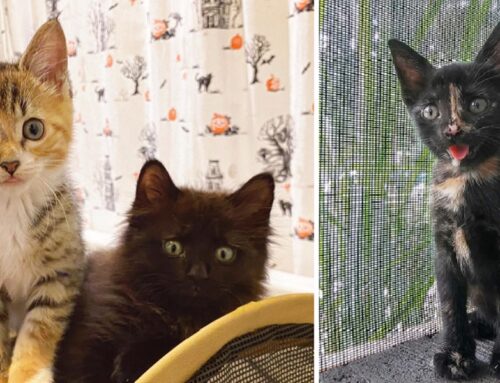


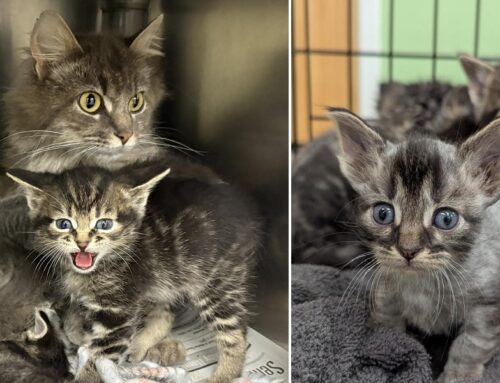
My kitty had other medical issues which contributed to her weight problem so I knew to watch for diabetes symptoms. Her behavior changed becoming more friendly and she drank a lot of water and peed a lot. With her previous medical issues she could not clean herself so every year I took her to the vet to get clipped. When I took her to be clipped I asked them to test her for the diabetes and sure enough it was the case. It has been a challenge trying to get her sugar right. I take her to have her sugar tested but I give her shots twice a day. In some ways I appreciate the new relationship Boo and I now have. Previously her medical issues had her ornery and somewhat aggressive. I can now pet her and she purrs. When I give her the shots I just scratch her a little and then no problem with the shot.
actually, your info is excellent!! (i’m a retired small animal vet) The only thing i’d question is that diabetes is uncurable…..if it’s type 2 – a fat cat- weight loss can help a LOT…in fact the cat can go back to normal. We have an insulin called LANTIS….it’s been VERY successful in eradicating diabetes in some cats as well. And while all cats can get the disease, Siamese seem particularily prone to developing it as they get older…..Hope that helps! cheers!
Thank you for that info!!!
Great post Jess! We need more people to be aware of this disease. One of the main problems I think, is that people need to look at it as a treatable part of their cat’s life because Diabetes in cats is NOT a death sentence automatically. When your cat is first diagnosed it is very overwhelming, but if you stick with it, the giving of shots, etc. gets so easy for you and your cat, and takes less than 5 minutes usually. Sometimes people give up right away and take their cat to the vet to be euthanized JUST because it became diabetic, when lots of times the cat became that way because of what they were being fed.
I am glad that you show Cole & Marmalade being fed wet, canned food in your videos because that is usually the best thing for a cat, diabetic or not. The Feline Diabetes.com website that you showed a link to, is a great site and has many wonderful, helpful people that can teach a pet parent of a newly diagnosed diabetic cat how to help their pet.
Sorry, I’m kind of rambling in this comment because it is and has been an important issue for me. I had a diabetic cat for 4 years and never thought I could learn to do the shots (because I couldn’t even watch the vet give my cats their regular vaccinations!) but I knew to keep my girl alive, I would have to do it! I was amazed at how easy it was (after the first couple of crazy weeks) and could see within a few days how much better my cat was getting.
Thank you again for your article and hopefully it will help more people learn about what to do to keep their pets healthy!
Our furriend Super Hero´s not overweight etc., but has hydrocephalus, he got diabetes quite a while ago, and it´s hard to control his BG, it´s either on a very high level or it´s too low, which makes it all a rollercoaster ride for his mummy Lisa…
???This is our furriends´ page:
https://www.facebook.com/SuperHeroTheHydrocephalicCat/?__tn__=%2CdK-R-R&eid=ARA5ohe5x20N-iHuuMt7w4qwXugvDyynB88hcfI9ctqWt2ZUnnXLcitxtlqYy6c8nptlZMp6tQQRd59u&fref=mentions&hc_location=group
We have a 16-year-old diabetic female cat who the shelter GAVE to us because no one wanted to deal with her back in early 2012, when they said she was 10. They told us Lucy would need insulin for the rest of her life. I wasn’t so sure about that after doing a lot of research about it.
We immediately cut out dry food and started feeding her canned food which we checked for the lack of ingredients like wheat, rice, potato starch, dextrose, etc. (as low-carb as possible). Then we immediately learned how to do our own glucose testing (buying a glucometer for people, which works fine and is much cheaper than animal-intended ones; just consistently use the same meter).
We got her off insulin within three weeks and she stayed that way, on a low-carb diet, for four years.
I could tell, at that point, that she seemed a bit off. We tested her and she was high (not HIGH high, but enough to start needing insulin again). After a lot of reading, and a lot of help from the two women who run the Diabetic Cat International site (I recommend it!), we got Lucy off Prozinc (a cat-specific insulin) and onto Levemir (human-intended, comes in a pen, into the rubber end of which you can insert your syringe needle; one pen lasts a LONG time; it’s good as long as it hasn’t turned cloudy). Lantis is OK too, but we, and others who have been using Levemir for a long time, have found it works very well for cats, is needed less frequently than Prozinc and is easier to regulate.
For a long time now Lucy has needed just 1 unit of insulin at most every 24 hours, and we normally need to check her glucose only once or twice a day. She has no symptoms and is otherwise the entertaining, opinionated big-mama of a cat that we quickly got to love after we took her in.
That bag of Science Diet Glucose Weight Mangagement dry food above on this webpage? I wouldn’t feed Lucy that stuff for any amount of money. (Nor would I ever use SC kidney diet for a cat with kidney disease, but that’s another story.) Whole grain wheat and whole grain corn are the first two ingredients ! That’s just nuts. That is NOT LOW-CARB! (You need low-starch as well as low-sugar.)
Dry food (even if supposedly low-carb and grain-free) is still high-carb in terms of feeding it to diabetic cats. Canned food which ingredient list you check to make sure it has no added grain, starch or dextrose is the kind of diet a diabetic cat needs. OR: get his or her on a raw meat diet (with proper supplements if you’re grinding the meat yourself, i.e., particularly taurine; and omega-3 fatty acids, i.e., salmon oil).
If you allow yourself to learn to do the glucose testing and injecting of insulin instead of relying on a vet to do it — which normally means it’s not happening nearly often enough, especially at first — you’ll be doing your diabetic cat a huge favor, and likely prolong its life, perhaps by years.
There are internet videos showing you how to draw blood from the cat’s ear. Some are helpful, some not so much. I’ve found the best way that works is NOT to use a lancet injector. Do it by hand. Take a 30-gauge lancet (that gauge works best for us) in whichever is your dominant hand, and a small piece of sterile cotton in the other. (Have a second person hold the cat on something table/counter top height.) Get the test strip ready in the glucometer; usually you have up to two minutes before it times out, but the process doesn’t take nearly that long. Hold the cotton on the inside of the cat’s ear and quickly prick close to the outer top edge of the OUTSIDE of the ear, into where you’re anchoring the ear with the cotton. (Alternate ears each time so one ear doesn’t get overly sore). You’ll get a nice little prick-spot of blood; then just hold the test strip up to it so it can absorb some of it. That’s it. Then measure your insulin into your syringe and give it in one of the cat’s flanks (pinch the skin up so you have an area to shoot into). Be sure to keep a log listing the time, # of hours expired since the last test, amount of insulin given (if any), which ear you used.
Good luck. Our Lucy is extremely cooperative. I realize that some cats are not! Though once they figure out that you’re helping them — which they seem to — many will adjust and calm down.